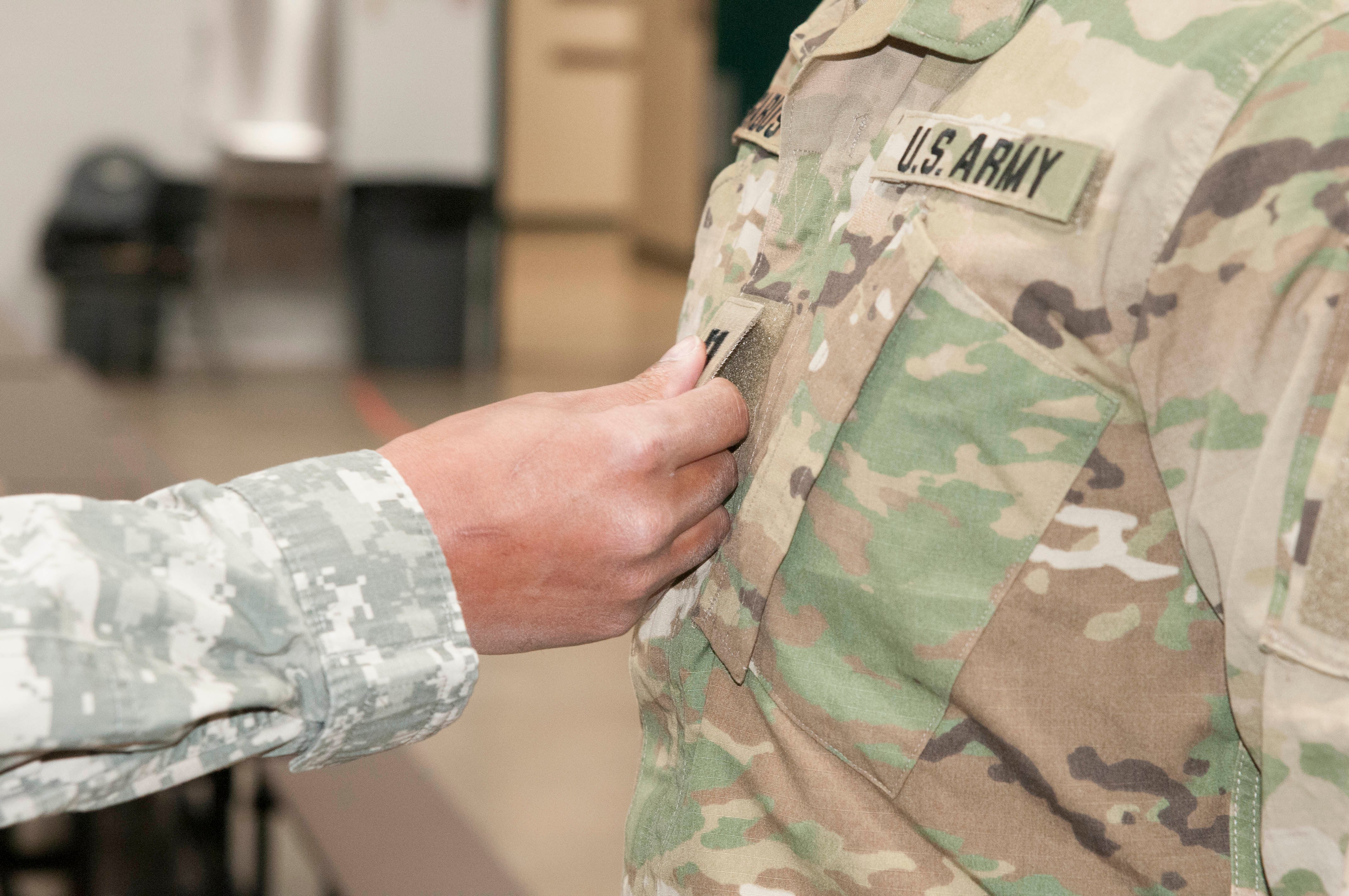A bipartisan group of senators and representatives have co-authored a bill that would fix the lag time between National Guard promotion selections and confirmations, which can take over a year and deny officers their pay bumps in the mean time.
The National Guard Promotion Accountability act would repay officers the difference in their salaries once their promotions are federally confirmed, for time spent serving in a corresponding job, according to a Tuesday release from Sen. Elizabeth Warren, D-Massachusetts.
“It’s not right to make our junior officers wait months and months to receive the pay and benefits they have earned because of bureaucratic delays,” Warren wrote. “I’ve heard from Massachusetts Guard members who are frustrated by these delays ― our bipartisan bill takes simple steps to fix the problem and do right by our dedicated men and women in uniform.”

Warren teamed up with Sen. Steve Daines, R-Montana; Rep. Carol Shea-Porter, D-New Hampshire; and Rep. Trent Kelly, R-Mississippi, to sponsor the bill.
“It’s shameful that they have to wait around for government to do its job to be compensated for the work they have done and sacrifices they have made,” Daines said in the release. “This bipartisan bill will right this wrong and ensure Montana’s National Guard members are paid promptly and fairly.”
The bill comes on the heels of a question Warren posed to Army Secretary Mark Esper in a Senate Armed Services Committee hearing.
“The numbers are too long and unacceptable — and, frankly, in my time in the Guard, I had a similar action happen to me,” Esper said.
Currently, National Guard officers are promoted by a board decision, and in some cases immediately begin serving in billets to match. However, their pay grades are not updated until the board’s list is cleared by the Air Force or Army.
A 2017 survey by the National Guard Association of the United States found that half of respondents had waited more than six months for their promotions to officially go through, losing thousands in pay. Policy mandates the services aim for turnaround in 180 to 195 days.
Pentagon data shows that 7,000 officers are caught in this limbo, according to a Wednesday release from NGAUS, with an average wait time of 285 days.
RELATED

In addition to pegging promotions to the date of recognition by the state, the law would require service secretaries to report on the reasons for any delays past 195 days, and to update Congress on their progress on tackling the issue.
“This legislation should help reform the process,” NGAUS president retired Brig. Gen. Roy Robinson said in the release. “Guard officers nationwide greatly appreciate the sponsors’ recognizing the problem and offering some common-sense changes.”
Meghann Myers is the Pentagon bureau chief at Military Times. She covers operations, policy, personnel, leadership and other issues affecting service members.
